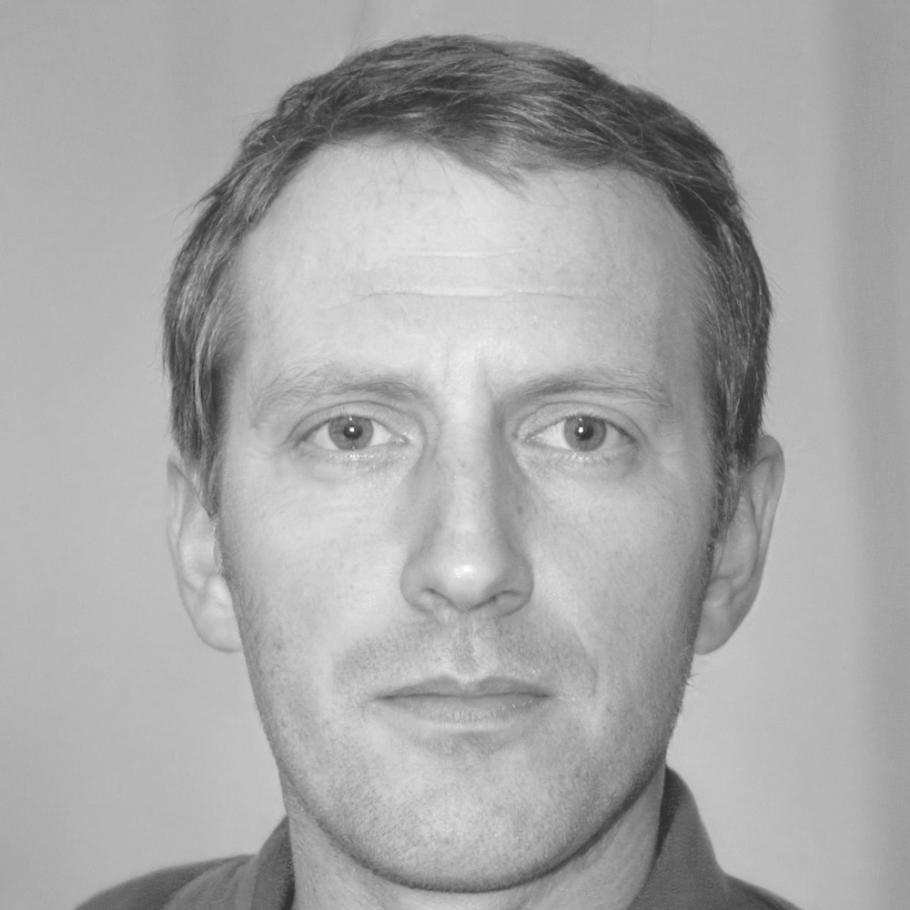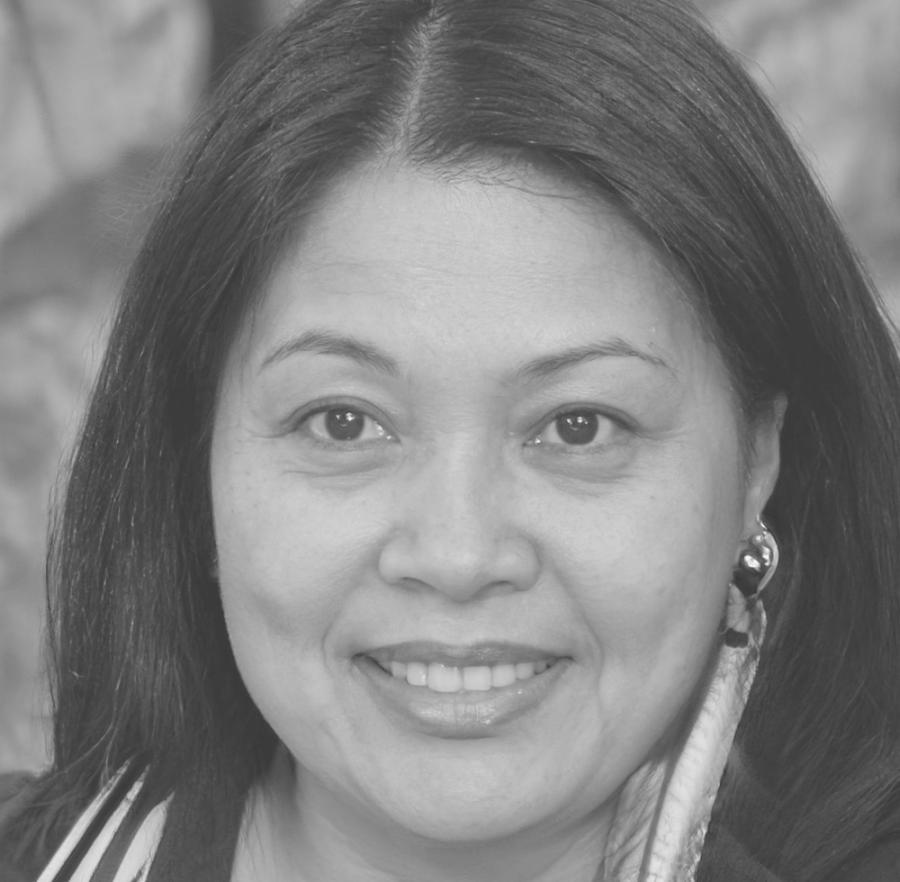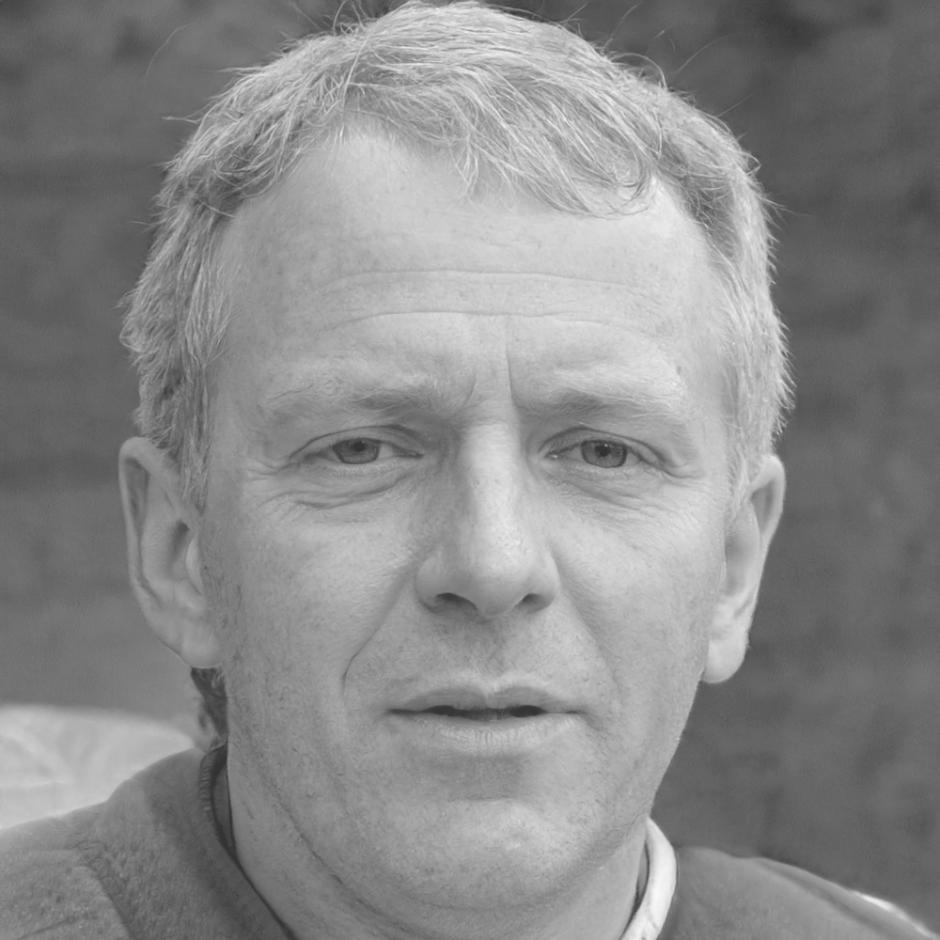Learn Financial Analysis Through Real Business Cases
Our instructors bring decades of combined experience from actual consulting rooms and boardrooms. They've faced the same decisions you will—and they'll show you how they solved them.
Meet the People Teaching This Program
These aren't academics who memorized textbooks. Each instructor spent years making financial decisions that affected real businesses—and they've got the stories to prove it.

Dennis Warwick
Cash Flow Analysis
Spent fifteen years helping manufacturing companies avoid bankruptcy during rough patches. Dennis breaks down cash flow problems the way most people discuss weather—casually, but with an eye for patterns that matter.

Fiona Driscoll
Investment Decision Frameworks
Former CFO who turned around three struggling retail operations. Fiona teaches the uncomfortable truth about when to invest and when to walk away—lessons she learned through actual budget battles.

Graham Petrie
Risk Assessment & Scenario Planning
Worked through the 2008 crisis helping construction firms survive when everyone else panicked. Graham's approach to risk isn't theoretical—it's based on seeing what actually breaks businesses during downturns.
How Our Instructors Actually Teach
- They start every topic with a real situation they faced, including the parts that went wrong
- Weekly one-on-one sessions where you review your own business scenarios
- Direct feedback on your analysis work, not generic comments
- Access to their professional networks for industry-specific questions
- Monthly group discussions analyzing current business news together
- Honest conversations about when standard approaches don't work
What You'll Work Through Over Twelve Months
This isn't about memorizing formulas. You'll tackle actual business problems—the messy, complicated kind—with guidance from people who've solved them before. Program begins September 2025.
Foundation Phase
Months 1-3 | September - November 2025
We start with the basics, but not the boring textbook version. You'll learn financial statements by fixing broken ones from real companies. Dennis walks you through cases where the numbers looked fine until someone dug deeper.
- Reading financial statements like a detective
- Spotting red flags before they become disasters
- Understanding what different industries actually track
- Building your first complete business analysis
Analysis in Action
Months 4-6 | December 2025 - February 2026
Now you're working with actual decision scenarios. Fiona introduces you to investment frameworks through cases where she had to recommend spending hundreds of thousands—or recommend against it. You'll defend your analysis in group sessions.
- Evaluating investment opportunities under uncertainty
- Comparing options when nothing looks perfect
- Building financial models that actually get used
- Presenting recommendations to skeptical stakeholders
Complex Situations
Months 7-9 | March - May 2026
Graham takes over for the complicated stuff—multiple stakeholders, conflicting priorities, limited information. These are the scenarios where there's no clear right answer, just better and worse approaches. You'll work through cases similar to what he faced during economic downturns.
- Scenario planning when markets turn unpredictable
- Risk assessment without perfect data
- Navigating organizational politics around money
- Making calls when waiting isn't an option
Capstone Projects
Months 10-12 | June - August 2026
Your final three months involve working on a comprehensive project—either analyzing your own business situation or working with one of our partner companies. All three instructors provide feedback as you move from initial analysis through to final recommendations.
- Complete business financial assessment
- Strategic recommendations with implementation plans
- Risk mitigation strategies specific to the context
- Professional presentation to actual decision-makers
Questions People Actually Ask
These are the real questions we get from prospective participants. We've organized them by when they typically come up.
Before You Enroll
Do I need an accounting background?
Not really. You should understand basic business concepts and be comfortable with spreadsheets, but we've had successful participants from engineering, operations, and sales backgrounds. If you can read a P&L statement without getting lost, you're probably ready.
How much time does this actually take each week?
Plan on eight to twelve hours weekly. That includes your live sessions, case work, and the individual projects. Some weeks are lighter, some heavier—especially when you're working on presentations. Most participants do their work during evenings or dedicate Saturday mornings.
During the Program
What if I fall behind on assignments?
Talk to your instructor immediately. They've all dealt with participants facing work emergencies or personal situations. Usually they can adjust deadlines or help you catch up through focused sessions. The program has some flexibility built in, but you need to communicate.
Can I apply what I'm learning to my current job right away?
Most participants do. In fact, we encourage bringing your actual work challenges to the program. Several people have used their capstone project to solve a real problem their company was facing. Just clear it with your employer first—especially regarding confidential information.
After Completion
What happens after the twelve months end?
You maintain access to the case library and can still reach out to instructors with occasional questions. Many graduates stay connected through informal meetups we organize quarterly. There's no formal alumni program—just ongoing professional relationships with people who understand your work.
Will this qualify me for specific roles or certifications?
This isn't a certified program in the formal sense. We don't prepare you for CPA exams or similar credentials. What you get is practical capability—the ability to conduct solid financial analysis and make defensible recommendations. Several past participants have used their capstone work as portfolio pieces when changing jobs.
Want to Discuss Your Specific Situation?
The program might not be right for everyone. Schedule a conversation with one of our instructors to see if it makes sense for where you are professionally.
Get in Touch